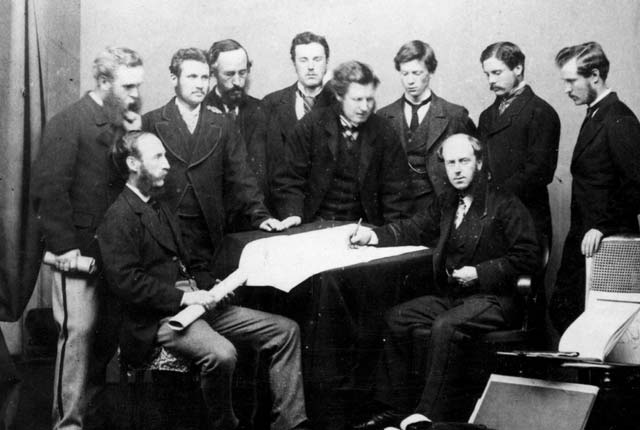The National Geological Repository (NGR) is a UKRI national science facility and the largest collection of geoscience samples from the UK. It forms an integral part of the BGS (part of UKRI’s Natural Environment Research Council) and is located at the BGS’s headquarters in Nottinghamshire.
NGR’s unique collections are used extensively by industry, in research and to support university teaching. NGR has the UK’s largest core storage and examination facility. Its centrepiece is the Core Store and records collections, including:
- borehole cores and samples
- fossils, rocks and other samples
- related subsurface information from the UK landmass and continental shelf
NGR collections
- Over 250 km of cores, samples and cuttings from over 15 000 onshore boreholes, including collections from ‘landward’ hydrocarbon wells held on behalf of the Department for Business, Energy & Industrial Strategy (BEIS) and the Oil and Gas Authority (OGA), deposited with the NGR under PON9b.
- Over 350 km of drillcore and 4.5 million samples of cuttings from approximately 8000 wells comprising the UK Continental Shelf (UKCS) offshore hydrocarbon collection, held on behalf of BEIS and the OGA, deposited with the NGR under PON9 and the Information and Samples Regulations made under the Energy Act 2016.
- Offshore seabed sediment and core samples from the UKCS and elsewhere, including vibrocore samples, grab samples and gravity cores.
- Maritime and Coastguard Agency (MCA) Civil Hydrography Programme seabed samples.
- The UK’s foremost biostratigraphical collections of over 3 million specimens.
- The major British collection of rocks and thin sections.
- Geochemistry collections comprising a variety of materials, mostly held as processed soil and stream sediment samples, collected primarily for geochemical analysis.
- Unique collections of geological records and maps.
- Parts of the British Antarctic Survey’s (BAS) rock and fossil collections from Antarctica and the southern Atlantic, held for BAS and accessed through BAS.
Limited subsampling is allowed and the data, prepared samples, residues, reports and papers must be lodged with the NGR. The raw data is freely available two years after sampling.
The GeoIndex is an easy-to-use, searchable map interface that enables users to find all data and information held by the BGS for any part of the UK, both onshore and offshore.
Additional online databases can be searched to discover the physical collections held in the NGR, including:
- onshore borehole samples and cores
- offshore hydrocarbons wells
- biostratigraphy and palaeontology collections
- mineralogy and petrology collections
The BGS is progressively scanning and digitising the NGR collections and some of these are now available online and free of charge.
Examples include over 1.3 million scanned UK onshore borehole records and 125 000 high-definition images of cores from UKCS hydrocarbon exploration and production wells. These are available from OpenGeoscience.
BGS is committed to public access to the collections through a program of digitisation and outreach. We reserve the right to charge users on a cost recovery basis for access to our physical collections. More information can be found on the Using NGR materials collections page
The NGR’s collections and facilities underpin exploration for natural resources, facilitate the expansion of existing and new businesses, and inform subsurface risk assessment and site investigations.
In particular, the collections underpin:
- oil and gas exploration
- mineral exploration
- construction and civil engineering
- groundwater management
- research into topics including carbon capture, utilisation and storage (CCUS) and radioactive waste management
Student and academic users
The NGR collections are used regularly by academics and students working on a very broad range of earth sciences research, from palaeobiology to hydrocarbon prospectivity.
A number of UK universities bring student parties to the NGR each year and use its collections and facilities to support practical teaching and training in petroleum geoscience.
Supporting Government legislation
The NGR directly supports the UK Government, its departments and agencies in the implementation of legislation, regulation and codes of practice relating to subsurface data acquired by private operators during groundwater and mineral (including oil and gas) exploration.
Legislation requires parties that drill certain types of wells to deposit specific records and samples with the BGS. The legislation includes:
- Department for Business, Energy & Industrial Strategy (BEIS)/Oil and Gas Authority (OGA): Petroleum Operations Notices (PON9 and PON9b); Information & Samples Regulations made under the Energy Act 2016
- Mining Industry Act 1926
- Water Resources Act 1991
- Water (Scotland) Act 1946
These materials are all housed and managed in the NGR.
The British Standard 5930 (Site Investigation) and the Health and Safety Executive’s ‘Approved Code of Practice on the Prevention of Inrushes in Mines’ both reference key NGR collections as an essential source for due diligence information during desk studies.
Access NGR
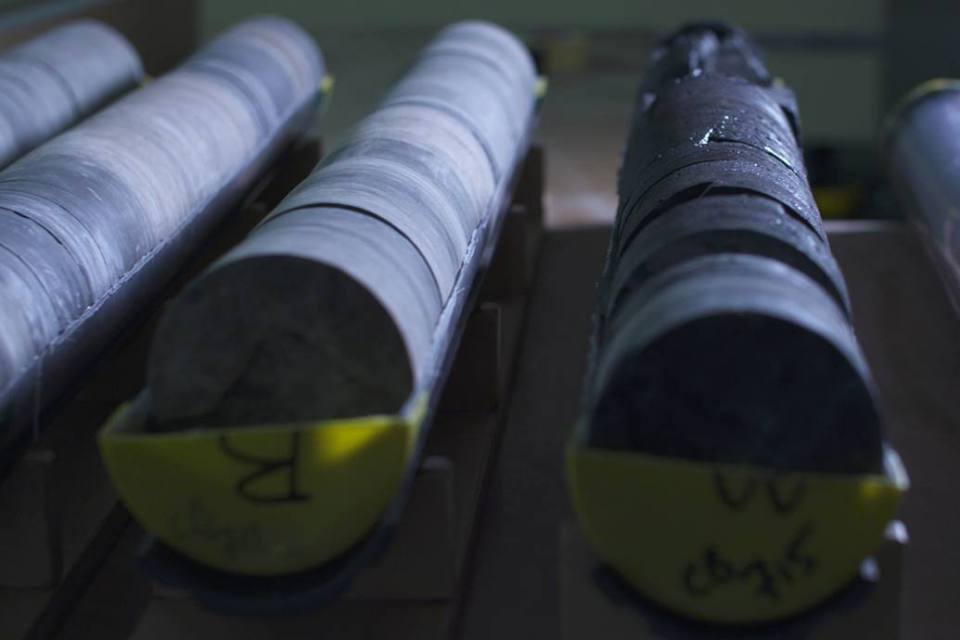
Accessing the NGR material collections
Rates and conditions for accessing our borehole and well core sample collections.
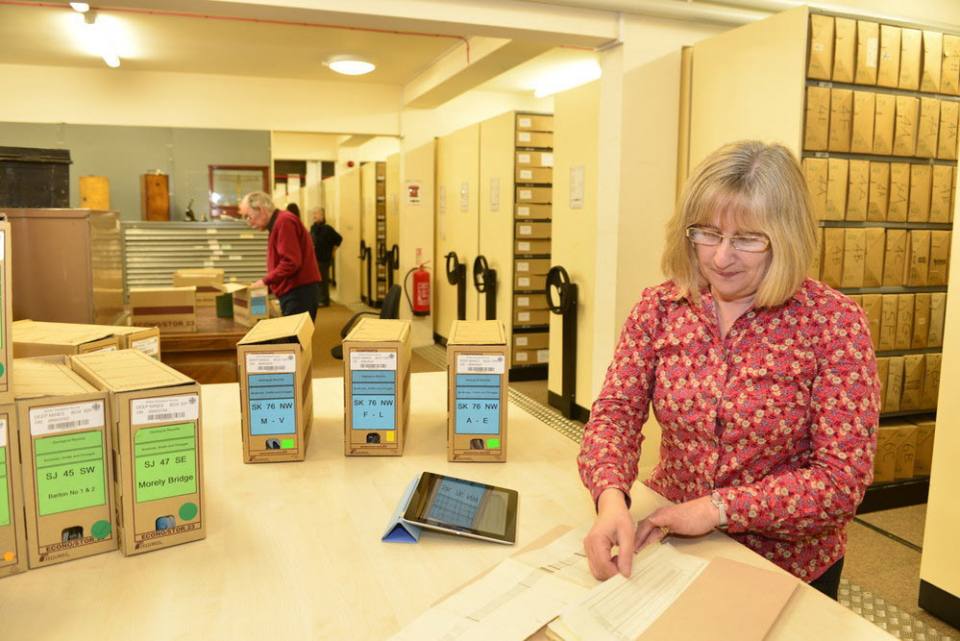
Donations and loans of materials collections
We will consider offers of donations that contribute to the geological knowledge of Great Britain.
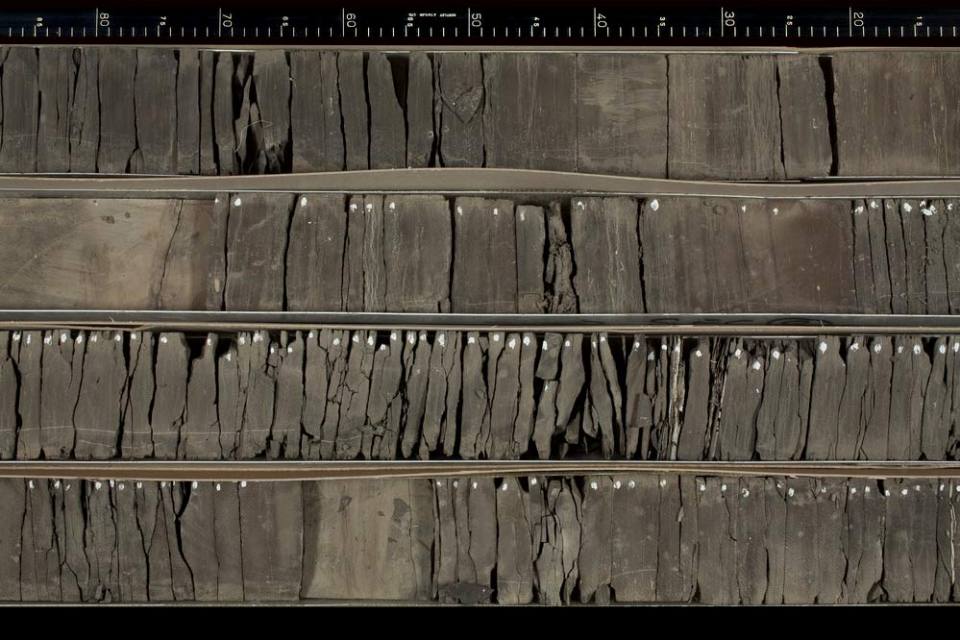
NGR hydrocarbons (well samples) database
Energy Act 2016 regulations require operators working on the UK continental shelf to deposit representative samples of core and cuttings at the NGR. Collection images can be viewed using the hydrocarbon wells samples database.
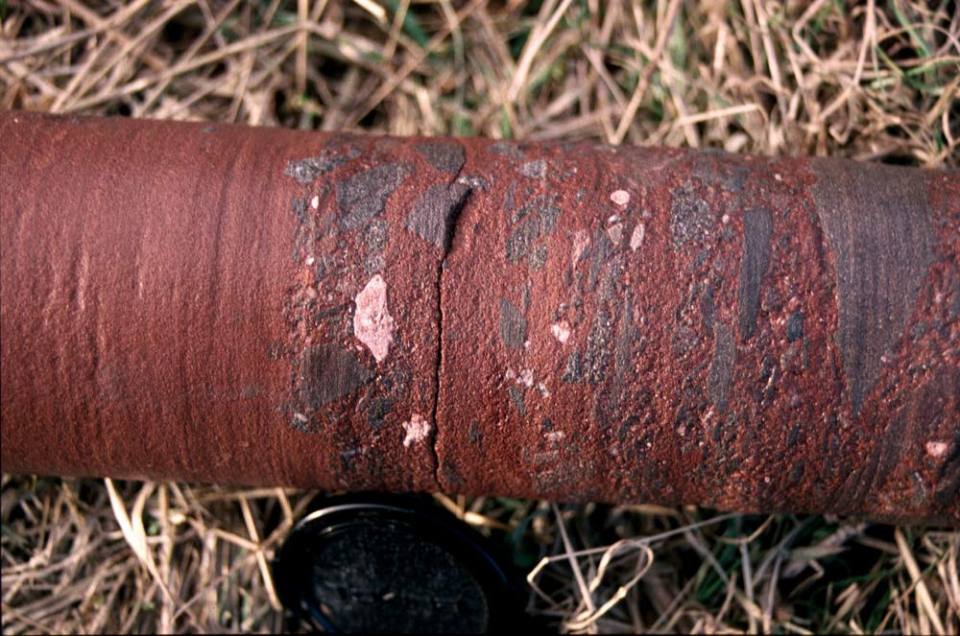
Borehole core collections
The BGS collections include continuous borehole core, broken core, cuttings and hydrogeological core and borehole material.
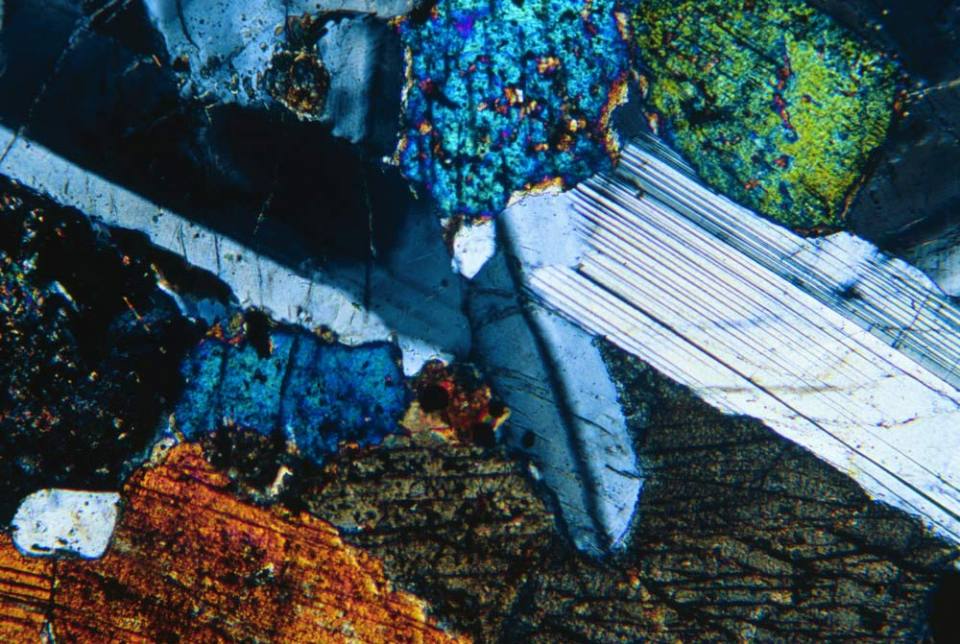
Petrology collections
The BGS’s petrology collections, including sliced thin sections, are available for study. A loan system is available to accredited scientists.
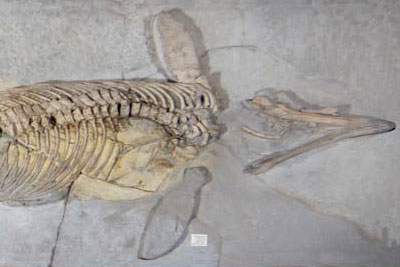
Palaeontology and biostratigraphy collections
The BGS palaeontology and biostratigraphy collections are held at our Keyworth and Edinburgh offices.
Need more information?
Find out more about our work

National Geoscience Data Centre
Collecting and preserving geoscientific data, making it available to a wide range of users and communities.
BGS Library
We have extensive collections of books, maps, journals and BGS publications. We also hold special collections of British geological photographs and archive material, chiefly the historical archives of the BGS.



